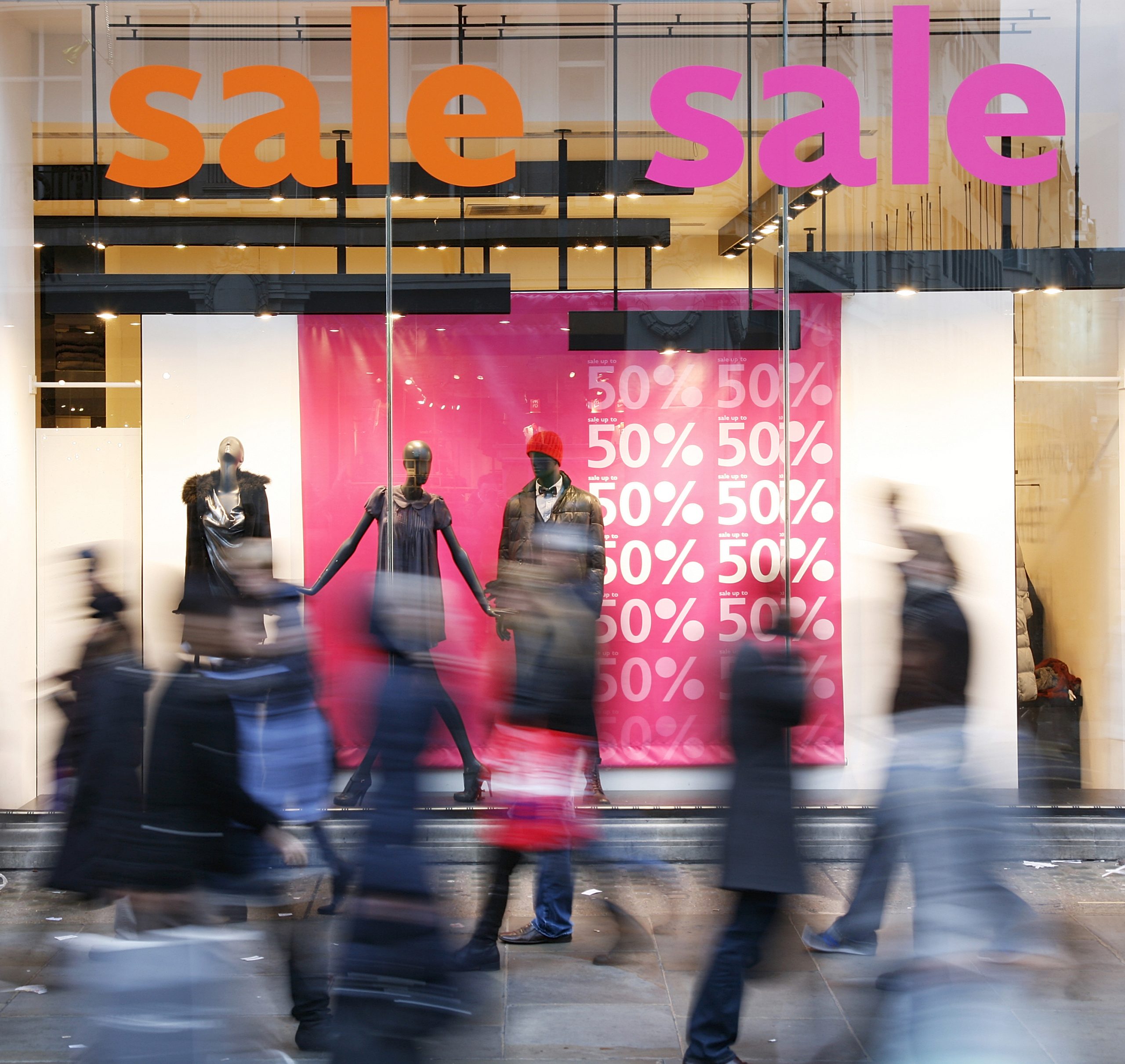Ed Betts, General Manager – Retail Lead Europe at Retail Express, considers the importance of promotions in creating a buzz beyond price to help prevent custom loss to discount stores.
 In January 2023 grocery price inflation hit a record high of 16.7% according to the latest industry figures – it is now predicted that households will face an extra £788 on their annual shopping bill. Worried customers have already made adjustments to shopping patterns as shop sales fell by record numbers both in December and across the whole of last year as consumers cut spending. For retail businesses the financial squeeze caused by product and supply chain pressures means that cutting prices is challenging, and yet they are under significant pressure to attract and retain customers.
In January 2023 grocery price inflation hit a record high of 16.7% according to the latest industry figures – it is now predicted that households will face an extra £788 on their annual shopping bill. Worried customers have already made adjustments to shopping patterns as shop sales fell by record numbers both in December and across the whole of last year as consumers cut spending. For retail businesses the financial squeeze caused by product and supply chain pressures means that cutting prices is challenging, and yet they are under significant pressure to attract and retain customers.
Many retailers will, no doubt, be watching the activities of the deep discounters with keen interest, particularly as January figures show one achieving sales 26.9% higher year on year and another recording a 24.1% jump putting its market share at 7.1% according to Kantar data. Amid record inflation, supermarkets continue to search for alternative ways to offer customers value with a pronounced shift in focus to everyday low pricing (EDLP), comprising price matching and loyalty scheme incentives to help shoppers save.
But it is notable that the proportion of spending on promotions has recently fallen to its lowest level since 2008. With product margins so tight and little wiggle room on price discounts, retailers need to be creative and reconsider a broader, more strategic promotional mix to maximise visibility and maintain margins across the category. For those not looking to position themselves on price discounts alone, creating a buzz beyond price will be key. But which products, where and when?
Better visibility: Promotion beyond price
Better product placement within a store – to put the product squarely in the customer’s line of sight – often means the difference between an item remaining on the shelf or making it into the basket. The use of premium sales space to promote an item can attract supplier funding for space instore that guarantees extra visibility for key lines and exposure for their brand. But this will call for activity that goes the extra mile and avoids the expected norms.
Retailers should consider using imaginative stand-out displays like spinners, FSDUs or carousels with digital display and LED lighting to catch the eye; alternatively look to evoke emotions or memories tied to a product to create an ambience and atmosphere such as a street market; use alternative materials such as wood or metals, or unique display units that foster an authentic feel such as a farm, and avoids cardboards or plastics; and taster sessions tied to one-time promotional offers to engage the audience there and then.
Here we are looking to break repeat purchase patterns and encourage brand switching through high engagement tactics that will excite and entertain. Critically, avoiding low engagement tactics will be key. A well-promoted product or range of products could well mark the tipping point in seeing customers turn back towards a familiar item from a trusted brand, instead of seeking an alternative elsewhere based solely on price. The retailer that creates a compelling reason to purchase, through promotional tactics designed to entice wins the customer.
Once a promotion has been running for a pre-determined period of time, retail teams will need to ascertain its level of success. There are three elements to consider here: firstly, looking at data to see how the product performed historically; secondly, considering what’s currently happening using real-time sales tracking; and finally, determining the action to be taken next and how this will impact on performance.
Proper planning in relation to promotions requires a critical workflow path. System generated promotional and marketing plans offer full visibility to all stakeholders, from key suppliers to marketing and design agencies. This helps identify at a glance which products are being promoted, what marketing activity has been pulled together around them, and who is responsible for each element to ensure that nothing is missed. Evaluating and reviewing activity is key to accurately planning ahead.
A dedicated AI solution driven by data
Retailers now need to carefully consider the tools at their disposal. Intelligent merchandising software, driven by artificial intelligence (AI), can reveal optimum product placement to identify those which will give the best return on investment. This is based on a combination of historic data with real-time intelligence about customer purchasing habits. AI-driven forecasting can determine how a product should perform based on previous marketing and promotional data, rather than guesswork.
Intelligent merchandising software also allows a retailer to determine how well a product performed at various different price points, and to identify the marketing activity that was used to support it. A forecast can be generated accordingly to show the ideal promotional mix for creating the right buzz. Additionally, virtually calculating profit and loss (P&L) becomes easier due to the ability to consider past, present and future activity. The system even enables retail businesses to go to market with a plan they can be confident in before it goes live.
Intelligent merchandising software offers a data-driven approach to promotions and planning that can help retailers remain competitive through a greater understanding of how to more effectively market their goods without a focus based solely on price. Through greater understanding of each product, driven by insights, retailers can be confident in creating a winning promotional mix across their key lines that puts them in good stead for the future.
To learn more visit: https://www.retailexpress.com/solutions/promotions/
Edward Betts, General Manager – Retail Lead Europe, Retail Express
Ed has worked in the retail industry for over 20 years and joined Retail Express in 2019 where he is General Manager for the UK and Ireland. Ed has extensive and specialty knowledge of retail category management, pricing and buying requirements having worked with several UK retailers, including 8 years at Asda where he developed and launched a standalone online wine service. Following this, he worked for Distell, a large international drinks manufacturer, where he managed strategic accounts across several major UK grocers including Morrisons, Asda and Marks & Spencer. Ed is also Retail Express’ Head Consultant helping clients make more effective use of the products and services as well as providing consultancy on the effective use of pricing and category management.
About Retail Express
Retail Express is a leading provider of merchandising solutions and services for retail, wholesale and consumer packaged goods (CPG) manufacturers. It uses its deep industry understanding and expertise to provide business solutions that meet the evolving needs of merchandising and category management departments delivering improved productivity and enhanced financial results. Through its AI-powered end-to-end Intelligent Merchandising™ solution, Retail Express addresses the complex problems of advertising, marketing, promotions and pricing in retail, providing one version of the truth across the organisation and departments. Retail Express operates out of Leeds, UK, across Europe, North America & Australia. www.retailexpress.com.
https://www.retailexpress.com/solutions/promotions/
https://www.retailexpress.com/



